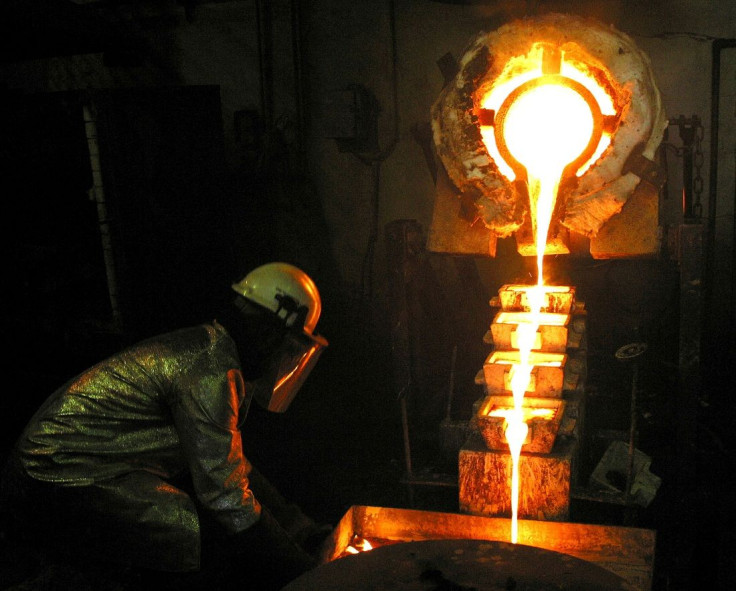Thermal coal producers to close supply gap following Cyclone Debbie

Coking coal market has witnessed a supply gap following the effects caused by the disastrous Cyclone Debbie. The thermal coal producers will be endeavouring to close this gap by altering their thermal supplies to fulfil the demands of the steelmakers.
As noted by industry sources, the price gap between semi-soft coking coal and steam coal is something that thermal and steam coal miners are expected to use to their benefit. The value of semi-soft settlement price for first quarter term shipments was recorded at $130 a tonne. Meanwhile, the same number for thermal coal stood at nearly $90 a tonne.
When washed to minimise ash content, thermal coal can be sold as semi-soft coking coal. This can further be used in the process of steel making. A large portion of these semi-soft sales come from Hunter Valley collieries. Situated around 1,600 kilometres south of the area in New South Wales struck by Cyclone Debbie, lower-ash thermal coal is mined in abundance in the region. This coal is used to supply Asian power generators.
Producers South 32 and Peabody Energy are mining coking coal. Furthermore, they are located outside the impact zone of Cyclone Debbie. These supplies can be transported from the Newcastle port – renowned as the largest export terminal for thermal coal in the world – unaffected by the disaster left in Cyclone Debbie’s wake.
The news comes as coking coal market witnessed a substantial spike on March 3. The mineral skyrocketed in excess of 15 percent to settle at $175.70, recording a maximum in 11 weeks. The large increase in met coal price came on the heels of disruptions caused to Australia’s coal exports. Flooding caused as a result of Cyclone Debbie can affect Australian cargoes headed for China by as much as five weeks. The catastrophe has affected some of Australia’s significant rail lines.
The global met coal market stood at around 300 million tonnes a year. Premium hard coking coal, or PHCC, accounted for more than one-third of the entire market. As noted by data gathered from TSI, in excess of 50 percent of PHCC seaborne coal can be attributed to Australian producers.
Coal analyst Marian Hookman, at IHS, said once the damage caused to rail lines in Bowen Basin has been assessed, negotiations for second-quarter supplies between Australian mining giants including BHP Billiton, Mitsubishi Corp and Anglo American and Asian steel mills will be postponed.
Aurizon Holdings Ltd has announced that the reparation of the Goonyella line, connecting into the Dalrymple Bay and Hay Point Coal terminals, will take as long as five weeks. The price for premium hard coking coal stood at $285 a tonne under the first quarter contract. Meanwhile, spot sales were recorded at $240.
Source: YouTube/ABC News





















